These Pests Are Out!
Contact Us For More Information Voles are tiny animals that can cause havoc on gardeners and homeowners. Voles are known for their ability to create tunnels that run through gardens and lawns. There are many ways to rid your garden of voles.
Smith’s Pest Management, our team specializes in helping clients in and around the San Francisco Bay area identify the best way to
D-Con Refillable Corner Fit Mouse Bait Station, 1 Trap + 18 Bait Refills
The D-Con Bait Station is designed to help reduce mouse problems in your home or business. The station contains 18 x 0.09 oz (2 g) pre-filled bait blox, which are ideal for refilling the D-Con Corner Fit Mouse Bait Station and other similar-sized bait stations.
Epic Vole Scram Outdoor Organic All Natural Granular Animal Repellent Garden And Yard Protector, Repels With Scent, 6 Pound Bag
THE RIGHT KIND OF SCENT: This all-natural repellent uses smell to deter voles from entering your yard. The scent is not offensive to humans, but it’s enough to convince stray voles that your yard is dangerous territory. Keep ground cover and plants protected with this organic repellent. Keep animals out of your yard using this all-natural repellent made from organic components.
Looking to keep pesky animals like voles out of your yard?
Look no further than EPIC Vole Scram Outdoor Organic All Natural Granular Animal Repellent Garden!
Made with organic ingredients, this repellent uses scent to keep animals at bay, protecting your plants in the process.
Looking to keep pesky animals like voles out of your yard naturally?
EPIC Vole Scram is an organic, all-natural repellent that uses smell to convince them your yard is a dangerous area.
What Attracts Voles To Your Yard?
Before knowing how to get rid of voles in your yard, you need to understand what attracts them there.
A list of things which attract voles.
As they are looking for a place to reproduce and protect themselves, voles will be attracted by dense vegetation, weeds, and other heavy covers.
You should not have excess mulch and brush on your lawn.
Woodpiles and corners around trees, shrubs, and gardens can serve as hiding areas for them.
Voles love to hide in untrimmed shrubs and unmown lawns.
A Pile of cleared snow during winter under the trees in your yard is the perfect hiding spot for voles during winter.
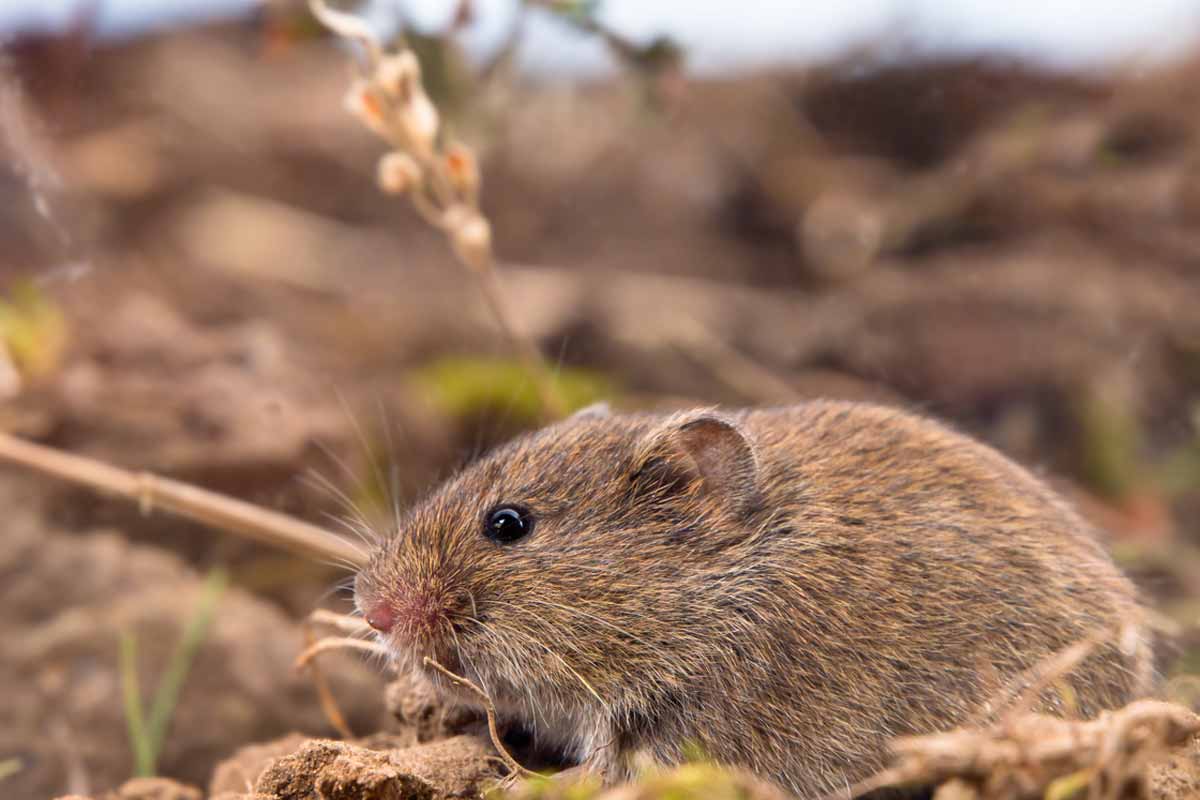
Vole Diet: Plants!
Similar to all rodents except for the vole, they eat mostly vegetarians. Since voles are primarily able to consume stems or blades of lawn grass, it is usually the area of the yard that has vole tunnels. Moles eat mostly carnivorous food. Moles provide many benefits. They can help you plow your soil or eat insects and grubs. You need to be able to tell the difference. This will allow you not only identify the problem (see below), but it also allows you to use peanut butter for bait, while moles might prefer an earthworm or insect.
You might find it helpful to recall that the frenzied activities of voles do subside. The population of voles cycles, with a peak occurring around every three to five years. Mild winters with good snowfall can help to increase vole populations.
Photo Credit: Washington State University. You can use the same methods to kill mice to eradicate voles. They are also known as field mice and meadow mice. ADVERTISEMENT You’ll know voles by the shallow snake-like tunnels that you’ll see all over your lawn. They are approximately two inches in width and can be found very close to the ground so that they can enjoy their favourite food, grass blades and stems. In early spring, voles are particularly agitated.
Moles on the other side have deep feeding tunnels they use to create a network. However, the secondary runways they use to reach your lawn are visible on their surface. They look like raised ridges or little mounds in volcano shape. The mounds that are left by voles do not disappear.
Also, you can identify the voles based on their damage. Keep in mind that voles are plant eaters.
You may have a problem with a vole if you’ve eaten potatoes or carrots in part. One person said, “They dig underneath my carrots, pulling down the roots, and eating them.” Just a row of holes were the carrots. The cartoon is funny and reminiscent of the bugs bunny cartoon. They’re a real pest this year.”
When they are close to the surface, voles can also take flower bulbs.

How to get rid of voles
This page assumes you are searching for ways to immediately deal with the crazy voles. Consider these preventative actions if you don’t have the time.
The trapping of voles in smaller areas can prove effective. Havahart live voletraps should be located perpendicular or close to nesting spots at the bases of trees and shrubs. Peanut butter is a good bait. Place baits in the afternoon or early evening to attract voles. Reset the traps as often as necessary until you eliminate the population. If you are allowed to, consider moving voles. Persistence is key in trapping. It is possible to place a cover over the traps in order that children and pets don’t accidentally stumble upon them.
Repellents can have mixed results, and should be applied again after rain. Some garden stores carry coyote and fox urine (predator), which can be used to repel voles. You can even pee outside your yard!
The best way to stop vulture damage to tree bark can be done is by wrapping the tree in a tree guard (mesh) that has a lighter color. You should make sure that the guard is tall enough to extend above the snowline in winter. The base of the tree should also be covered with soil, or have a soil border around it. The guard should be loose enough to not restrict the tree.
What are vultures doing in my vegetable garden? These little critters aren’t very good climbers. Protect plants by fencing the area with a half-inch of mesh (hardware cloth), at least 12 inches above the ground and buried 6 to 10 inches deep.
You can sprinkle a number of irritants into your vole tunnels. Some have suggested garlic, onion powder, garlic and even castor oil. Many times, you can combine these ingredients with water or soapy waters and place them in a spray bottle. It is important to spray again every rainstorm.
An outdoor cat or dog that is a ratter can help you control your pet.
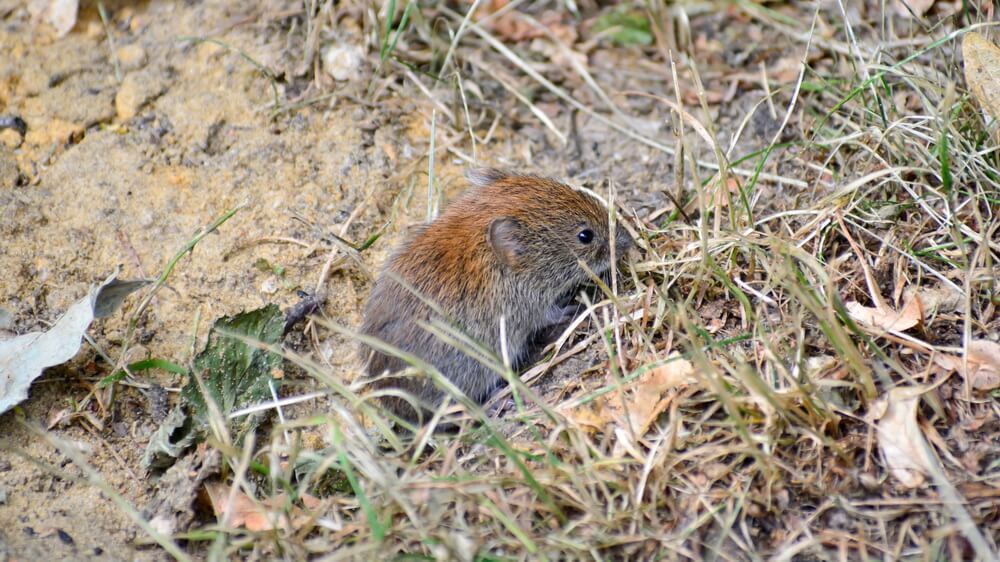
How to get rid of voles
Clean gardens are the first step to controlling voles. Voles love heavy underbrush, weedy and wet areas. Overgrown areas of your garden should be cut down to discourage voles. It also reduces the likelihood that they will take up residence in your garden.
You should also locate any underground tunnels or burrows, and either fill them in or destroy them. They tend to burrow in small spaces, or just in ground pockets, although they might connect larger burrows via extensive tunnel systems. There will be fewer voles living in your yard, the less places they can hide or breed.
However, you can try repelling voles with a vole spray. Vole populations are known to increase quickly, and they often cause damage below the ground. This could make vole spray less effective. You can try predator urine if you are looking for a repellent against voles. Ultrasonic rodent repellents may also be useful for getting rid of voles.

How To Kill Voles
Next, decide which method to use to get rid of voles from your yard.
If your yard is small, vole traps can be used. The simplest type of vole trap is a mouse trap that has been set in a yard near known burrows.
A rodent poison is also an effective method of eliminating voles. Use poison sparingly in your garden. Rodent poison is not just deadly for voles; it can also be harmful to pets, beneficial and children’s health.
Also, make sure your garden is a refuge for the predators of voles.
The best way to reduce the number of voles in your garden is by keeping them attracted.

What Does a Vole Look Like?
Rodents with the same appearance as hamsters or mice. “They are commonly called field mice, because they tend to choose fields to live in,” Dr. Nancy Troyano is an Ehrlich Pest Control entomologist.
Even though voles may look similar to mice, their hair-covered tails and round heads make them stand out. They also have smaller ears, more muscular bodies, and larger ears.
Small garden pests, the voltes. Troyano states that they are three to nine inches tall. They make up the difference in number for what they lack in size. Troyano says that voles can have as many as 10 litters per year. “Just a handful of voles may produce up to 100 offspring in an extremely short period of time,” says Troyano.

3. Choose the right control method
You can use this information to help determine the best control methods after you locate your voles. It is possible that there are more than one vole you need to remove. The greater number of control methods used, the higher your chance of getting rid.
to capture voles and manually remove them from your property. This technique is great for smaller vole colonies. Here are some tips to help you reach your best results.
Multiple traps can be set to capture as many voles and as many birds as you want.
Position your traps directly on top of the surface runways you’ve identified in your lawn or soil to catch them as they travel back and forth.
Make sure to check your traps often so the voles can be released quickly.
You can read How to Trap Voles for more details. Use castor oil as a repellent to get voles away from your yard. This will make it unsuitable for them to live or eat. Castor oil, an all-natural oil which repels voles is able to affect their senses in 2 ways.
Gives vegetation voles something unpleasant to eat
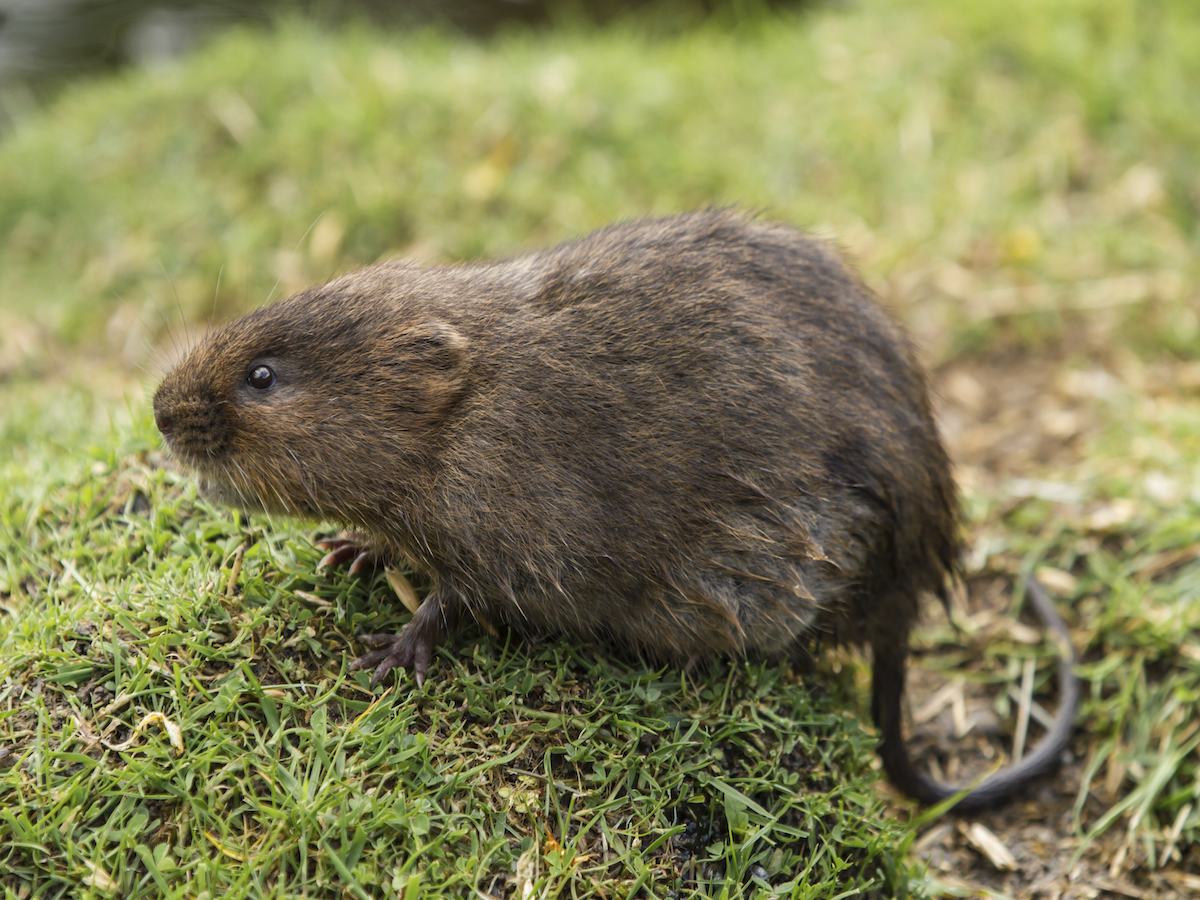
Solutions
There are many ways to repel voles or moles. The solutions range from chewed chewing gum placed in the molehill to used kitty litter placed in random spots inside tunnels. You should not assume that mothballs are the solution. Mothballs are illegal, can cause harm to pets and people and could even be harmful to the environment. The National Pesticide Information Center has more information.
Good gardening habits are the best way to prevent disease. You must not make a habitat for voles or moles. You can make a perfect environment by adding mulch to your garden, leaving weeds and leaves around or only mowing occasionally. It’s great to mulch our gardens with leaves. Read here. But, don’t let them collect. Mulching is useful in the garden, but no more than 2″-3″ and not right against the base of trees or shrubs. Here are some tips on how to mulch. Maintain a consistent weeding practice and get rid of the weeds quickly afterward. All weeds may not be dangerous. For more details, see this article. Set your mower so the grass is 3-4 inches high. Shorter grass leaves less space for hiding.
Don’t rid the garden of snakes. Yes, get the poisonous ones far from the house and garden, but non-poisonous snakes can help the garden. Most people eat rodents. Some others consume slugs or other insects. Assist in maintaining a community of healthy garden wildlife.
Don’t wait for the moles and voles to take over. Start repellent application as soon as possible.
Traps or Mole and Vole Repellents There are different styles of traps for catching and killing moles and voles. They are available at the store and very effective. If you aren’t a fan of mole or vole repellent, it is available at the store. Mole Max, I MUST GARDEN and other brands are available. Mole Max, and I MUST GARDEN both contain castor oil. I MUSTGARDEN is 20% castor oils mixed with peppermint, cedar and water. Mole Max combines 10% castor oil, 90% Fuller’s Earth, and water. Both are safe to use around pets, children and the environment. They come in either a liquid- or granular form and are easy to use.
Repellents coat the food of moles and voles with an unpleasant smell causing the rodents to relocate. It’s applied daily, but it depends on whether there is rain.
Cinthia Miner, garden coach/blogger, is the author.

How to get rid Of Voles
Removal of voles is a challenging task because the burrows they dig in your lawn and garden are difficult to see. It is possible to find products that make the task much easier.
However, volte poisons aren’t one of these products. They are often ineffective. The results are minimal and they can only be used by licensed professionals. Although there are no traps specifically designed for voles capture, mice traps may be able to do the trick.
If an infestation has hit your property, and you’re really wondering how to get rid of voles, Victor(r) Mole & Gopher Granular Repellent is highly effective at ridding the critters from their hiding places. It is poison-free and safe for pets as well. Properly distributed, the Granules may penetrate burrows and drive voles from your property.
The Snap Traps made by Victor (r) are a quick way to get rid of voles. For maximum effectiveness, bait the traps with peanut butter or oatmeal. Then, place them in front of any holes you can spot around your garden. You can reposition your traps in the yard if you are unsuccessful after five days. You can catch voles by sealing their carcasses in Ziploc bags with gloves.
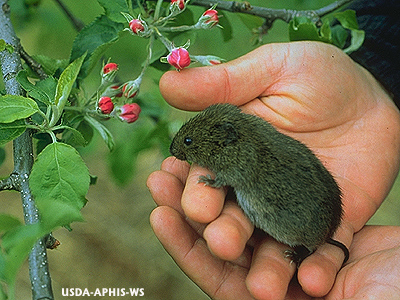
Vole Control: What Can You Do To Remove Voles
This page contains general Vole control information. Use the methods and products suggested to get rid of Voles. This guide will help you to control Voles. We recommend that all Voles be controlled using the products recommended. Before you apply control, please consult your state and local guidelines.
You have plenty to worry about when you are a homeowner of a garden. Voles and insects are two other things that could cause damage to your plant.
Although Voles may have the same name as Moles, it is not clear what they are. Although Voles are more well-known than Moles, they can cause much more damage than their pest counterparts.
Voles are extremely destructive to gardens and farms. Voles can damage crops and plants as well as flower beds. Young trees can be gnawed by them. The root system of trees and plants is also destroyed. It goes unnoticed in winter until the trees die.
If you have a Vole problem in your yard, our DIY Vole treatment guide below will show you how to get rid of Voles. Solutions Pest and Lawn stocks all of the premium products necessary to remove Voles effectively and affordably.
Before you start to implement a treatment strategy, you must identify the Vole. While they look similar to rodents and animals like rats or mice, Voles can be distinguished from all other pests by their unique characteristics. These are some of the distinctive characteristics that distinguish Voles from other pests.
These small mammals are also known as “meadow mice” and can be found in sizes between 5-8 inches. They have tails, small eyes, and a heavy body.
What can I do to get rid of vultures permanently?
Voles can be removed humanely from a yard by using live traps, or they can be exterminated with mouse traps or bait traps (which use poisons). Vole repellents can be used to deter and drive them away.
Which is the best product to get rid of vules?
- Tree Trunk protector. These plastic coils protect the tree trunks from vole damage.
- JT Eaton Anticoagulant Poison Bait.
- Bonide Vole Repellent In Granules.
- Electronic Vole Repellent.
- Snap Killing Catch.
- Multi-CatchTrap Catchmaster
Why do Voles Choose Your Yard?
Meadows, weeds, dense, heavy vegetative covers in your yard attract voles as they serve as an area to breed and protect them. You should not have too much brush or mulch. Woodpiles and corners around trees, shrubs, and gardens can serve as hiding areas for them.
Coffee Grounds and Voles: Will They Get Rid?
Coffee grounds may repel grasshoppers. This is something that has been debated. Sprinkle some around vole holes in the yard, and watch for any results.













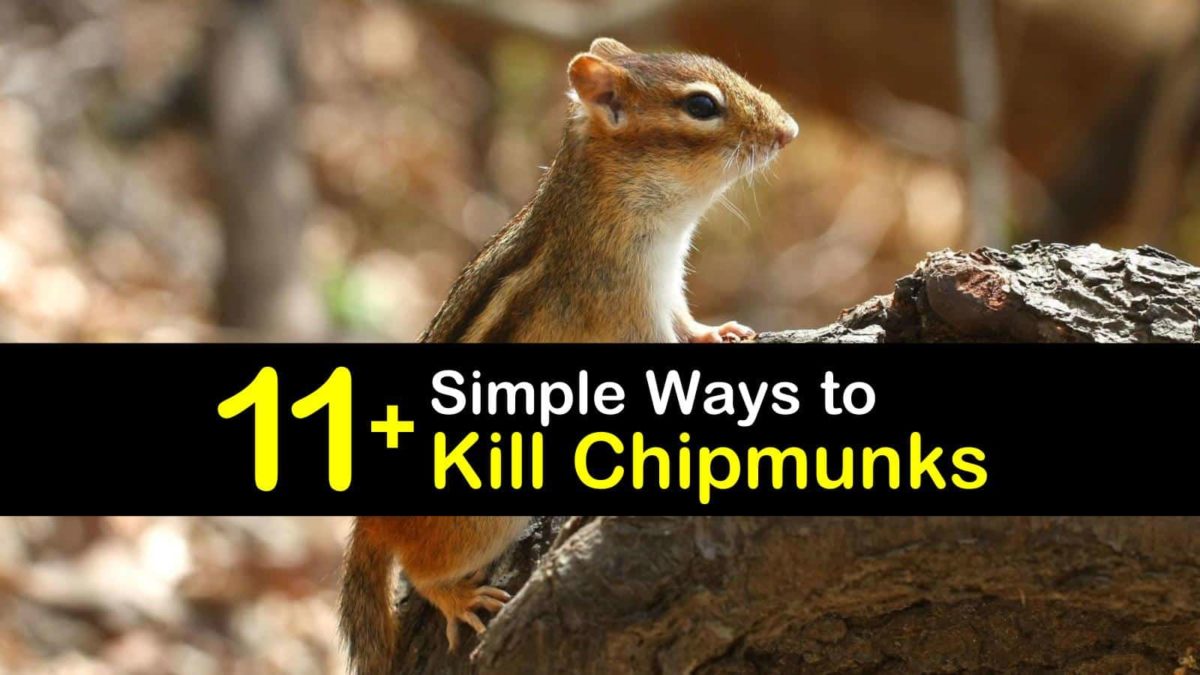
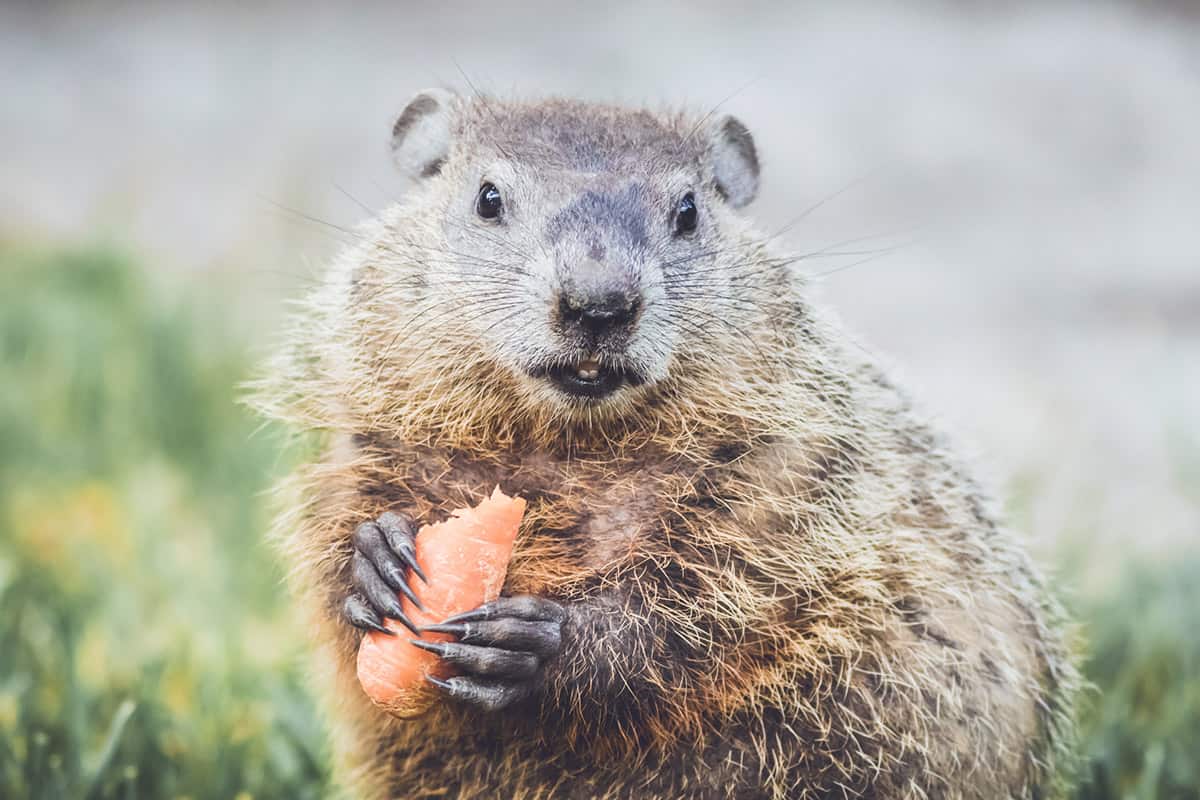








:fill(white)

